The absence of CO2 emissions information in annual reporting makes it difficult for investors to assess potential carbon risks, says Trucost
Lack of disclosure from car manufacturers on CO2 emissions in product use and production makes it difficult to assess their potential risk exposure to new EU carbon legislation, finds Trucost.
The environmental research organisations said Vehicle manufacturers’ exposure to constraints on carbon dioxide emissions varies significantly, according to an analysis of seven European carmakers.
According to Trucost Porsche was the most exposed to the cost of carbon product in use constraints, and Peugeot S.A. least exposed.
Further analysis of production emissions found that Daimler AG was most exposed to indirect carbon costs during the production process. It is also most at risk from carbon costs from combined product in use and production carbon constraints, while Renault Group is least exposed, found the research.
Trucost chief executive Simon Thomas said: “Despite the risk to investor returns, none of the companies analysed publish relevant data on CO2 emissions per passenger car. Our analysis reveals a wide discrepancy in manufacturers’ exposure to carbon costs, indicating that some could face significant penalties unless they improve vehicle and engine technology or modify business models to produce lower emitting vehicles.”
Draft EU legislation that aims to limit average CO2 emissions from new cars sold in the EU is being discussed. Targets for new car emissions may vary for each manufacturer, and those which fail to meet their targets could face hefty fines from 2012.





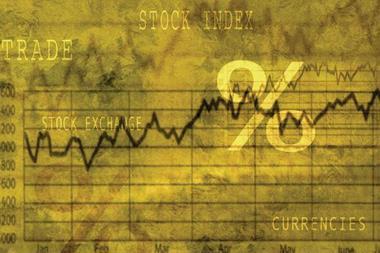

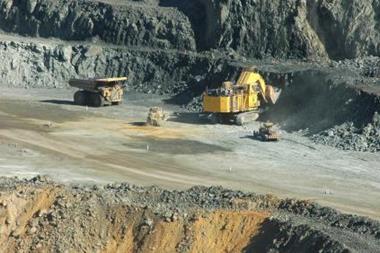
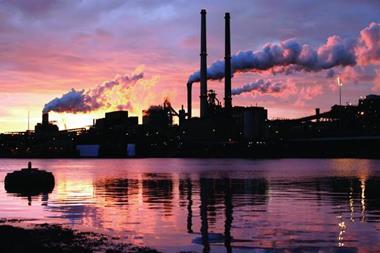
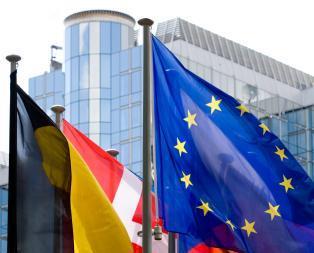
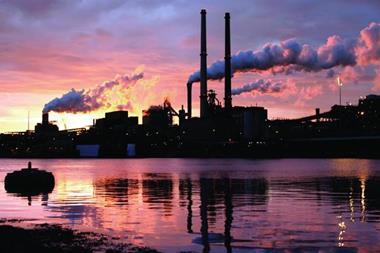









No comments yet